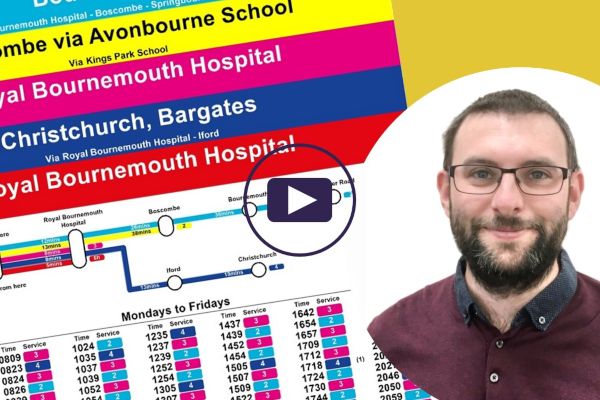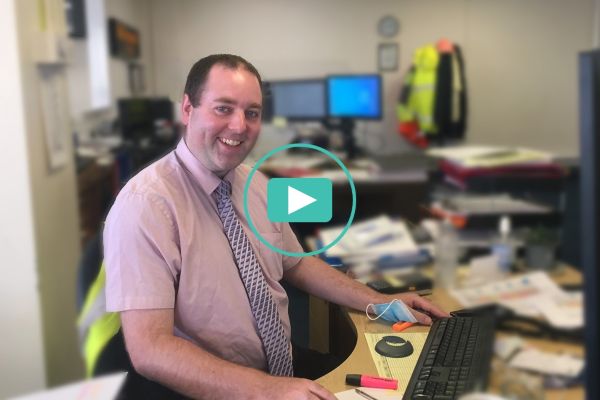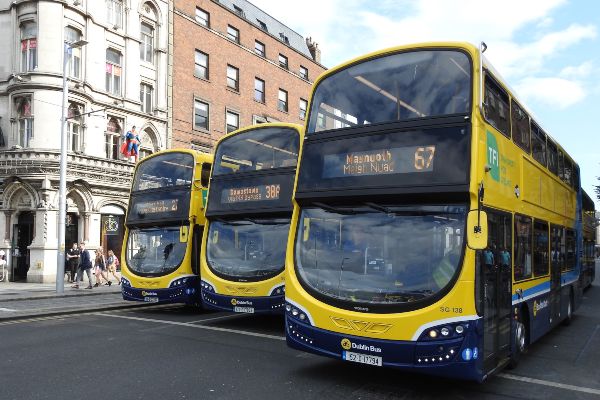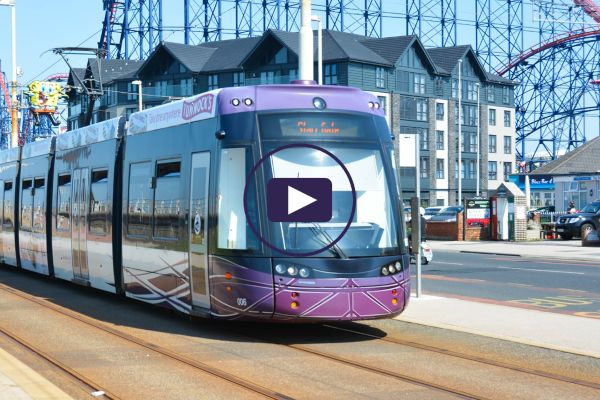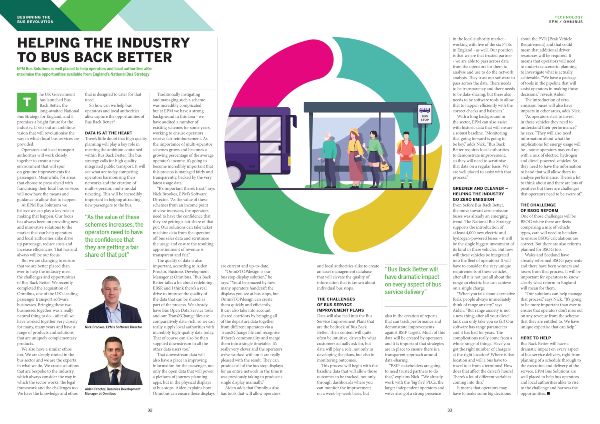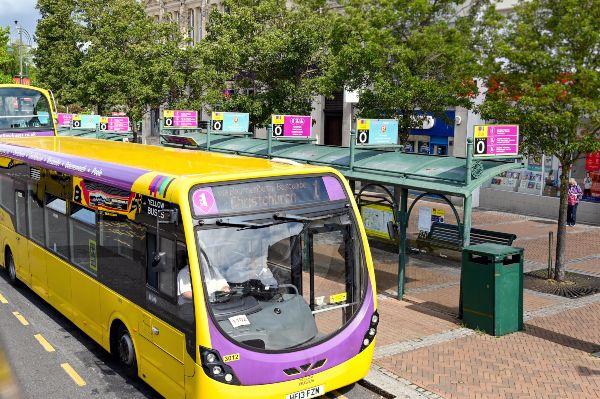With over 25 years’ experience providing public transport operators and local authorities with systems that meet their needs, Omnibus is one of the industry leaders in providing passenger transport software, whether that be to timetable, schedule, staff, record, manage and publicise services.
Omnibus has a range of software solutions to meet any demand within the running of your operation, but it isn’t software that Omnibus discusses with routeone – it was the people who use it.
Don’t de-skill a trade
Scheduling is an art and a skill, and one that requires training. Most of all, it requires a scheduler, not just scheduling computer software.
Transport is more than just a vehicle taking passengers from a to b, as operators will know, there’s hours of planning and organising that goes into running a functioning and successful bus service.
Peter Crichton, Omnibus MD, says: “We still believe passionately that we need somebody that understands what they’re doing in the job.
“If you’re the one controlling the computer, you should have a knowledge of what you’re actually controlling – having an understanding of what manual scheduling involves.”
In a time where technology is evolving at a rapid rate and technological solutions are making tasks simple and easier – even if it means putting someone out of a job – Peter expresses his concerns about the “spin” computer systems get.
“There’s quite a lot of spin these days about computers being able to do everything, but computers are only controlled by human beings who need to know what they’re controlling.
“Scheduling is a skill. You don’t de-skill your accountants or your finance managers when you get a new piece of software, so why do people do it for schedulers?”
Need to understand
Using a computer system, if one chooses, is acceptable. But as Peter explains, someone will still need to understand what the outcome of the process should be.
“At the end of the day, the whole thing with computers is, it’s garbage in, garbage out – and you only know whether it’s producing a good result if you know what you’re aiming for in the first place,” he says.
“I think there is a tendency sometimes to undervalue schedulers, but with a stroke of a pen they can save companies hundreds of thousands of pounds.
“You only have to input one – even when using a computer – silly parameter and make a meal-break twice as long as it needs to be and then suddenly your duties are costing a lot more,” Peter explains.
Omnibus isn’t saying to rid the industry of computers, admitting that its computer systems will help just as much as the next, but it’s promoting the need for human control surrounding the job of scheduling.
Whether a firm chooses to use a computer system or manual, someone will be at the helm inputting data – however, there is a disregard for training those people in control of scheduling.
No magic box
“There’s so much praise for how wonderful these computer systems are, and it might be seen as a bit of a luddite approach to be saying ‘oh you need to be trained’, but the only way you can judge something and to benchmark it is to know what it’s supposed to be achieved.
“I think so many people think there’s a magic box, you just press a button,” Peter says.
He also explains that while it will produce a result, someone will still need the knowledge to guide it to get that result.
He adds: “It’s got to have parameters and you’ve got to understand the rules the parameters are there to achieve, what you’re trying to get from those and how to tweak those parameters to get the result you want – it’s not just a case of press a magic button and it’ll all work.
“Schedulers need to understand what they’re actually doing. This is why we’re saying there is a need for the industry to start training again.”
Essential training
Omnibus is running a scheduling training course, which it says is getting enquiries because people are realising they need to have the skills to understand what it is they’re trying to achieve.
The course is based at Omnibus’ own training rooms in Oldham and lasts for two days. It is open to anyone interested in planning and scheduling and takes place throughout the year.
The training sessions come after the company decided to takeover Jim Hulme’s schedule training course TransACT.
Peter says: “Jim wanted to retire, and we decided that this vital course needed to carry on, so we’ve taken over the rights to it.”
The course gives an insight into how to produce timetables and schedules manually, which might seem counter intuitive for a company that specialises in scheduling software. But by understanding the manual process, it gives an ability to know what answer to anticipate from the computer and becomes easier to spot anomalies, usually caused by restrictive or incorrect parameters.
Peter adds: “You would never ask someone who didn’t know how to do accounts to run your year-end figures. Likewise, with scheduling, you shouldn’t expect someone with no knowledge of how the process works to get the best from the software.”
This article originally appeared in routeone magazine.
